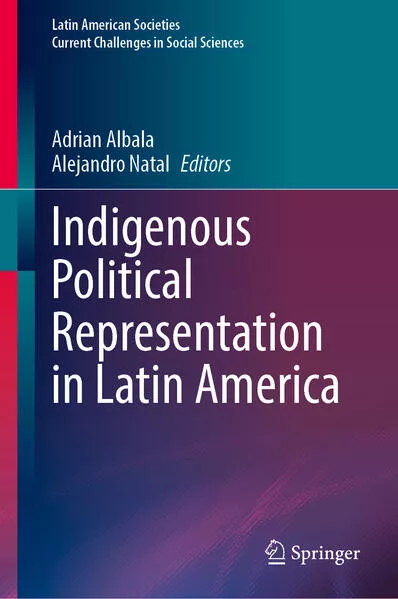
- Publikationen ca: 2
- Fragen & Antworten
Adrian Albala
Adrián Albala is associate professor at the Institute of Political Science, University of Brasilia, Brazil. He holds a PhD in Political Science from Sorbonne University, France, and has specialized into the study of Latin American politics. He has published several books about Latin American politics and political science and has also published several scientific articles in prestigious journals like Latin American Perspectives, British Journal of Politics and International Relations, Publius, Revista de Ciencia Política, among others.
Alejandro Natal is professor at El Colegio Mexiquense, Mexico, and member of the Mexican National System of Researchers (SNI). He holds a PhD in Development Studies from the London School of Economics, UK, and is a former Fullbright Scholar and McNamara Fellow. He has lectured on Community Development, Civil Society and Latin American politics at universities throughout Mexico and the US; and has authored numerous books and articles on these topics.
Indigenous Political Representation in Latin America
This book presents a comparative analysis of the struggles of Latin American indigenous peoples for effective representation in national political systems in the region. Through a detailed exploration of the political dynamics of indigenous groups and examples of mechanisms of political representation, the studies in this book reveal how power relations, cleavages and indigenous civil society organizations are essential to our understanding of indigenous political participation.
Indigenous Political Representation in Latin America
This book presents a comparative analysis of the struggles of Latin American indigenous peoples for effective representation in national political systems in the region. Through a detailed exploration of the political dynamics of indigenous groups and examples of mechanisms of political representation, the studies in this book reveal how power relations, cleavages and indigenous civil society organizations are essential to our understanding of indigenous political participation.

